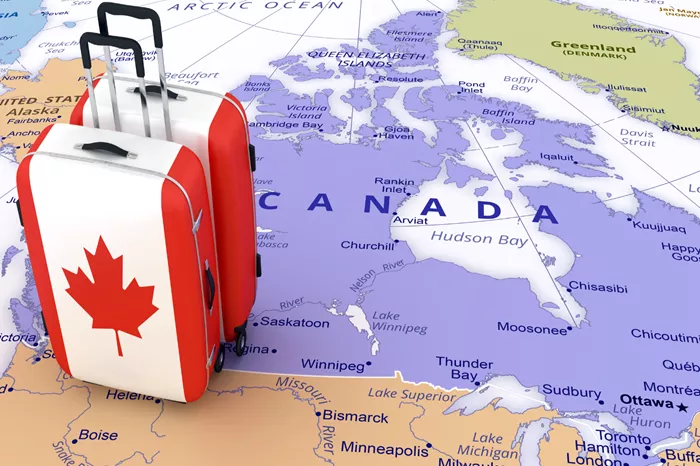Montreal — Barry Choi, a frequent traveler and founder of the Money We Have personal finance and travel website, has noticed fewer full seats on some of his flights in the past year.
“People are travelling a little less,” said Choi, who typically flies every four to six weeks.
This trend is surprising considering the surge in travel that followed the end of COVID-19 border restrictions. Choi noted that in 2022, after pandemic travel bans lifted, there was a clear surge in demand, with many people eager to take their long-awaited trips. “In 2022, I feel like everyone was travelling. Everyone was like, ‘I’ve got to get it out,’” he said.
But as the dust from the pandemic settled, the travel frenzy started to calm. “Some people waited until 2023, but this year everyone’s kind of calmed down,” Choi observed.
This trend appears to be continuing into the winter months, with more Canadians opting for domestic travel this holiday season. According to figures from aviation tracking firm Cirium, the number of Canadian flights to the United States this December is expected to drop by 2.5% compared to last year. Meanwhile, domestic flight capacity is set to increase by nearly 10%, as more Canadians choose to stay closer to home.
The surge in domestic flight capacity has contributed to lower airfares within Canada. As of September 2024, prices on domestic flights are 20% lower than they were a year earlier. The increase in flight options has helped keep fares more affordable even as demand rises.
However, with fewer flights to the U.S. from Canadian carriers, the reduction in capacity is leading to higher fares on international routes. This is particularly true for those flying south, with the exception of Porter Airlines, which has been rapidly expanding its fleet and increasing flights to the U.S.
The trend toward more cautious spending is also evident in younger generations. Gen Z and millennials are increasingly reconsidering big-ticket expenses like travel, as rising living costs and interest rates weigh on their budgets.
“We can’t ignore the fact that people are pinched,” said Ramzi Rahbani, vice president at FlightHub. “Interest rates are starting to go down, inflation is more in check, but still the cost of housing and living are top of mind.”
As Canadians face financial pressures, many are opting for more budget-conscious travel choices, shifting their focus from international trips to affordable domestic vacations.
Related topics:
- International Airlines Reduce Flights to China Amid Russian Airspace Ban and Economic Concerns
- India-Canada Diplomatic Tensions May Affect Travel and Airline Operations
- US Airline Cancellation Rate Remains Low Amid Record Summer Travel

